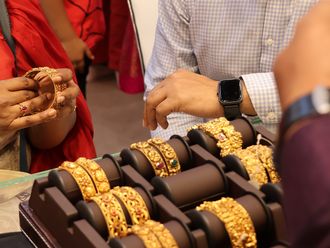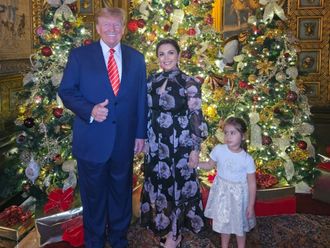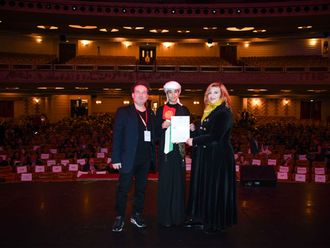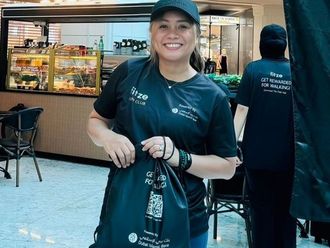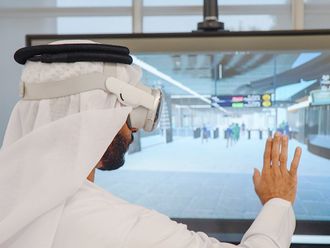Various sectors have expressed concern over President Gloria Macapagal-Arroyo's $2m bounty offer and her plan to arm civilians in order to capture Abu Sayyaf leaders. Arroyo issued the bounty offer following the abduction on Sunday of 20 people from a luxury resort in Palawan by the Abu Sayyaf group.
Senators from the opposition denounced the practice of offering bounty for the capture of criminals as a desperate measure to curb lawlessness. Senator John Osmena said that while there is nothing irregular about getting the bounty from the government's intelligence funds, this might send the wrong signal to the abductors.
"They might be forced to take desperate measures like harming their hostages," he said. Abu Sayyaf spokesman Abu Sabaya, in fact, warned he would execute all hostages if the government carried out an offensive against the group.
Senator Vicente Sotto III said that if the government wished to negotiate it should start talking with the Abu Sayyaf now. "Time is of the essence here. If the government wants a military solution to the problem it should do so now."
The bounty offer was made to finally neutralise the Abu Sayyaf, a small but well-armed group based in the southern islands of Basilan and Sulu, and notorious for their kidnapping activities. The group last year kidnapped 21 people, mostly Europeans and Malaysians, from a resort in Malaysia.
Several other abductions have been carried out in the wake of the that incident. Although the Philippine government observes a no-ransom policy, the Abu Sayyaf victims were reported to have been released upon payment of ransom to the bandits.
Putting a price on the head of the Abu Sayyaf members also raises concerns about the rise of paramilitary groups in the south, an area already known for its number of vigilante groups. So far, with regards to the recent kidnapping in Palawan, the Abu Sayyaf has not made any ransom demand.
During a press conference yesterday, military spokesman Brig. Gen. Edilberto Adan said the government is willing to give arms to civilians willing to take part in efforts to capture the Abu Sayyaf.
But the plan does not sit well with the Philippine National Police. PNP chief Director-General Leandro Mendoza warned that using paramilitaries in the operation against the Abu Sayyaf might become a headache for the government. "This could pose serious law and order problems in the long run for us," he said.
While the PNP said it is willing to accept the support of anyone who wants to help in the search, it stressed that the military and police should only coordinate with private citizens, instead of enlisting or producing vigilantes.
Concerns rise over upsurge in vigilantism
Various sectors have expressed concern over President Gloria Macapagal-Arroyo's $2m bounty offer and her plan to arm civilians in order to capture Abu Sayyaf leaders.


